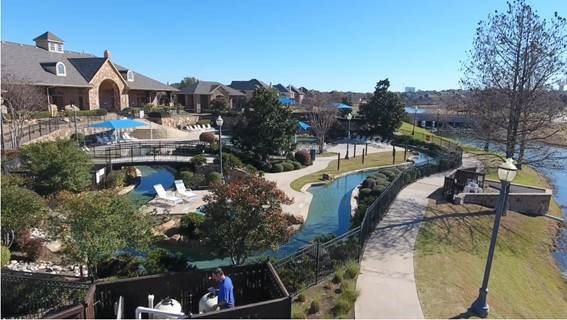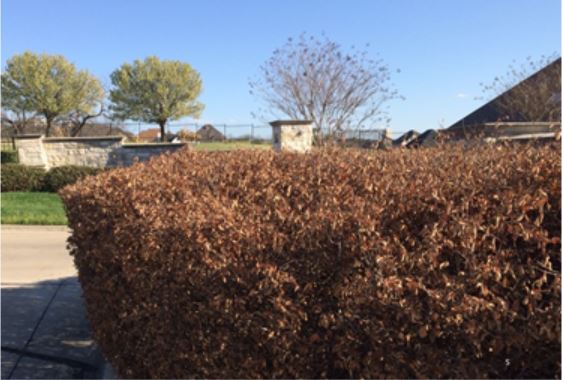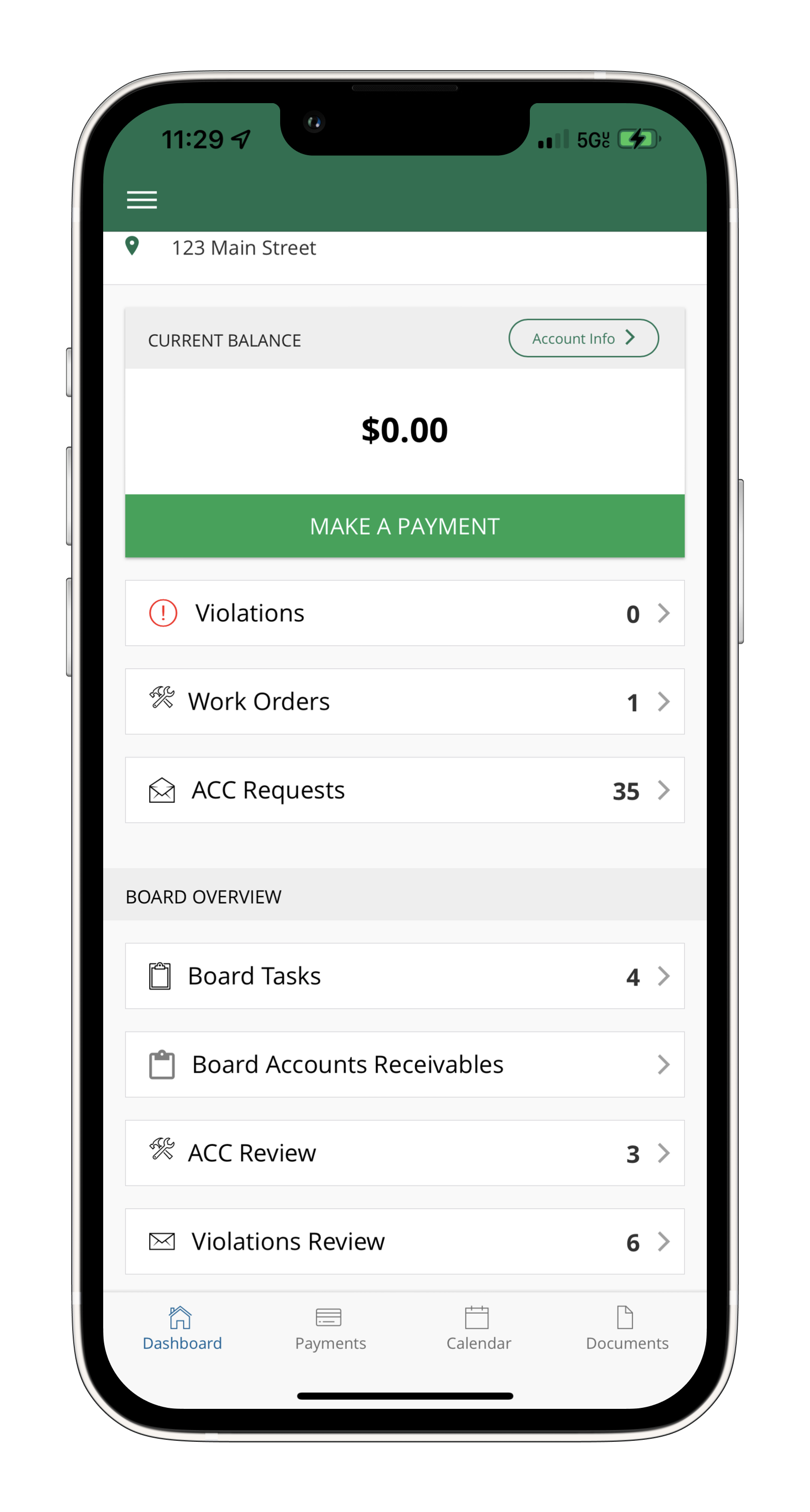


How to Send Effective email Blasts and SMS Texts to Homeowners
October 21, 2019


Getting Real about Your Reserve Study
November 19, 2019“The purpose of a reserve study is to provide the HOA board and management a clear idea of major expenses to expect and when to expect them.”
A reserve study is typically a 30-year forward looking physical and financial analysis of commonly owned HOA property to determine an appropriate and equitable amount of funding to maintain and eventually replace capital assets. Its purpose is to provide the HOA board and management a clear idea of major expenses to expect and when to expect them. The reserve study details the expected useful life of assets, replacement costs, an evaluation of the current strength of the reserve fund, and a recommended multi-year reserve funding plan.
When should an association commission or update a Reserve Study? Associations should update or commission a study at least every 5 years – Developing a study for a new community, or when a new management company or board steps in.
What does a reserve study include? A professional should oversee an onsite inspection, prepare an analysis and reports and review them with the board. While the elements evaluated as part of a study vary by association based on the declaration and documents, they often include roofs, building exteriors, private roads, pools, clubhouses, and other non-annual capital expenditures. Operating expenditures like cleaning, utilities, and related annual expenditures are not typically included in the analysis.
Is the approach of building reserves to pay for maintenance and replacement costs fair to current and future owners? Putting aside reserve funds ensures that owners who are benefiting from an asset will pay for its upkeep and makes an investment to maintain it for new owners, who will pay assessments when they buy It’s a more equitable and timely way to distribute costs among current and future owners than special assessments. An accurate reserve study enables associations to levy equitable assessments on unit owners to replenish the capital reserve fund that is used to pay for major future projects.
Can the board trust the accuracy of a reserve study? Many associations dismiss a reserve study because they don’t have confidence in its findings. A successful study is a critical review of proposals and a discriminating vendor selection process. It takes skill to conduct and prepare a study and to gain the trust of the board.
- Thorough vetting by the board and manager will enable the board to select a reserve specialist with expertise and experience, such as degrees, licenses and expertise in specialized areas.
- Drilling down by asking the right questions. For example, does the study base replacement projections solely on ‘average useful life’ tables? When inspections are cursory instead of “hands on,†this may create mistrust in the accuracy of the projections.


Many reserve study firms do not go on roofs during the inspection. It’s common for firms to take photographs from the ground and assume a 20-year average life for all roofs. In reality, the useful life of a roof can vary by more than 10 years, depending on quality of materials, construction, and actual conditions only observable by a roofing professional, on the roof. Because roofs are one of the largest capital items in a reserve plan, many associations dismiss or distrust the recommendations when a qualified physical inspection isn’t performed.
- Is the forecast for costs accurate? Another common problem is inaccurate forecasting of costs that don’t properly account for inflation or projected increases in costs of labor and supplies. Consultants with pricing expertise and demonstrable success in accurately making projections can increase the board’s confidence in the reserve study.
When an association doesn’t have confidence in the study recommendations, it’s very likely to end up on the shelf without being implemented. If concerns are addressed upfront with thorough vetting, the study’s findings are more likely to prove accurate over the long term.


Nik Clark
Partner at Superior Reserve Engineering & Consulting / www.superiorreserve.com
Nik has 15 years of experience with community associations having held executive positions with a prominent legacy firm in the reserve study industry before founding Superior Reserve in 2014. Over the past 15+ years Nik has partnered with property managers, developers, association boards, and many other real estate fiduciaries to bring industry leading long-term capital reserve planning, transition, and related consulting services to all types of real estate. As a featured speaker and panelist at hundreds of industry conferences and trade shows around the country, Mr. Clark has been a resource for managers, real estate executives, and properties in all 50 states and 36 countries.
If you found this article helpful, you may also find other topics relevant to your HOA on this blog / www.communitywellserved.com







